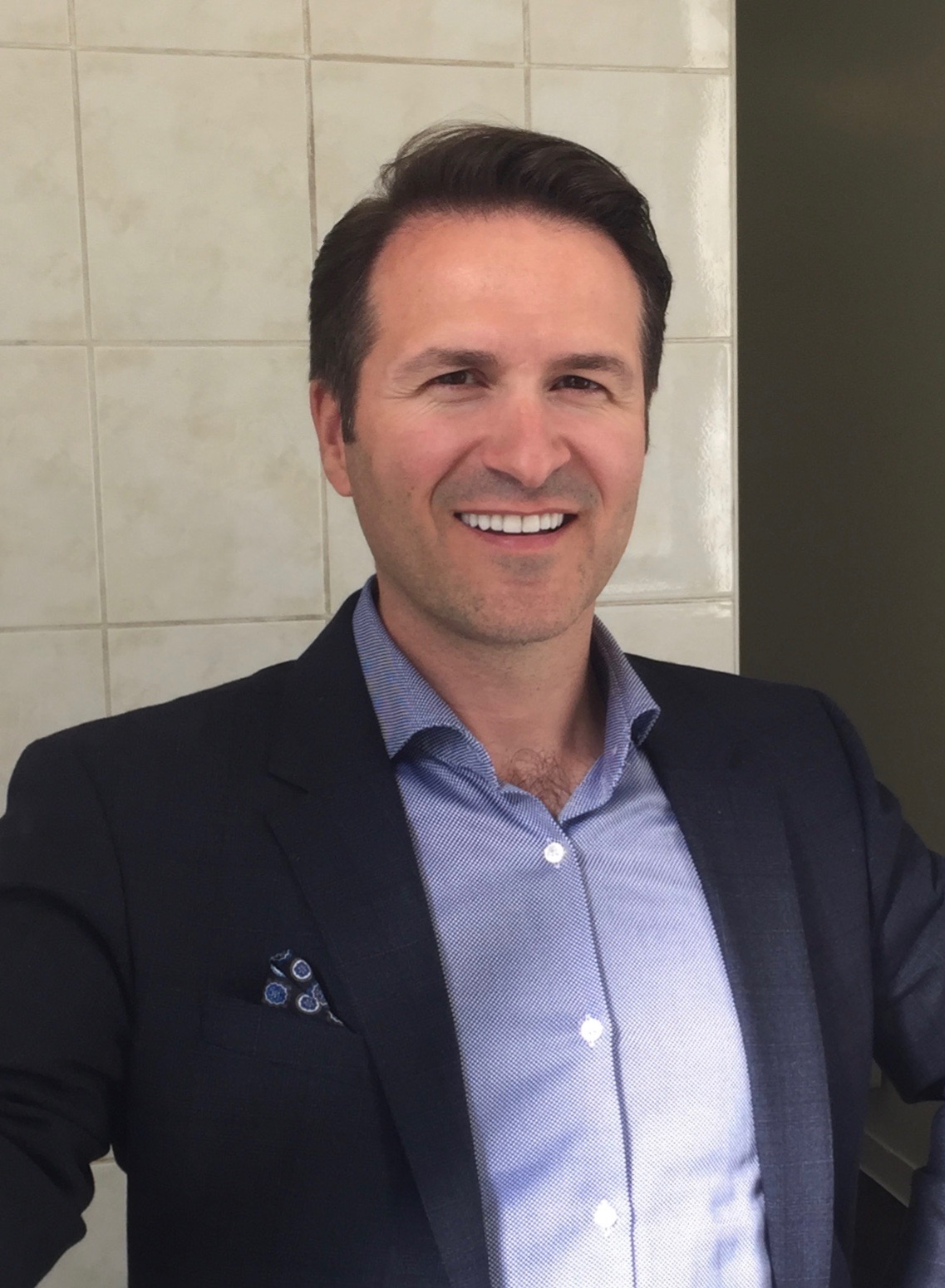LASIK Laser eye surgery
If you’ve landed on this page, chances are you have eye-sight issues that are starting to bother you. Congratulations for doing your research! You may be wondering if and how eye lasers can help you get rid of your eye-sight issues. Here there is a break down of the facts behind laser eye surgery for you.Laser Eye Surgery (LES): What is it?
Laser eye surgery (LASIK or LASEK) is currently the most popular elective surgery in the world with millions of happy patients worldwide including celebrities like Brad Pitt, Nicole Kidman, Elton John, Celia Black, Tiger Woods and Rory McIlroy. LES works by reshaping the external surface of the eye called cornea with or without the creation of a very thin laser flap. The general result is a more natural spectacle free vision for many years to come.
What types of lasers exist?
LES employs a wide array of variations depending on the prescription needing to be treated, the cornea thickness, the presence of corneal scars, pupil size, age of patient, occupation, lifestyle etc. Some of the common LES types are:
- LASIK: A femtosecond – high precision laser is used to create a very thin flap (around 0.1 mm thin) under which the second laser will sculpt the exposed surface of the cornea for the required prescription. This allows for a faster healing and better results with less dry eyes
- LASEK: No creation of a cut flap is required is less invasive but has more discomfort, dry eyes and slower healing.
- SMILE: A small incision lenticule extraction to account for the required prescription. One of the latest methods that is a little more dry eye friendly however, healing and visual rehabilitation is a bit slower than LASIK.
- Advanced Wavefront (or Custom or i-Design): WaveFront was developed by NASA to treat the imperfections in the Hubble Space Telescope. Basically, many points of light are shone into your eye, pass through your entire optical pathway, and are reflected back, captured, and the deviations from perfection mapped out. People say the result is like a fingerprint of your eye, since no two people have identical WaveFront maps–even the two eyes are always different! This space-age technology incorporates advanced mathematical nomograms on the laser platform that match more accurately the imperfections of the individual patients’ eye. It can be scanned and administered by a certified ophthalmic technician in a clinic setting.
- Standard: This is a laser application that is meant to match a given prescription like the one found in spectacles or contact lenses.
- MMC: Mitomycin-C is a chemical that is used to inhibit advanced immune/fibrotic reaction following LASEK treatments.
- Corneal Cross-linking: This is a special treatment for people with a rare corneal pathology called keratoconus or ectasia. It aims in strengthening the hardness of the cornea with a combination of chemical and UV light application and thus improving and or preventing further deterioration of eyesight.
Promotional and informative videos:
Firstly the creation of corneal flap with intraLase and then the application of Wavefront excimer laser
Am i a good candidate for a laser?
Anybody can avail of a LES. The procedure is generally safe for all eye prescription types though patients with higher prescriptions should take precaution. All ages over 18-21 for as long as they use some form of spectacles, may benefit form LES
How many treatments will i need?
Usually one but if the prescription is high or complex a re-treatment may be need to be used. There is a chance also that years later after many years without spectacles you may need a re-treatment or if you develop a cataract a different type of vision correction may need to be used.
What are the benefits of this treatment?
Spectacle free vision for the majority of the activities for a large number of years.
Does this treatment cause any harmful effects?
According to most studies anything from 1 to 20% of patients may experience adverse effects. Side effects include temporary discomfort, burning sensation, redness and swelling. Without proper attention the cornea may become infected and or scarred. No long-term effects are directly and exclusively associated with LES however, dry eyes, glare, haloes, starbursts and ghosting may affect a minority of patients (less than 1%) for more than the usual month or two say over 6-12 months.
What Patients Have Experienced?
People who have availed of LES report a stinging sensation starting during treatment which may last for days up to a week following the procedure, depending on the type of laser used (LASEK). Those who have availed of LASIK noticed dramatic and more visible results a few hours after treatment, while those who have undergone LASEK notice visible improvements after one to five days later.
Bottom Line
As you continue your search for the ultimate solution to your visual problem, remember that there is no one procedure that can solve all your eye care worries in a single treatment and there are side-effects that can be irreversible.
More information
Advise from The Royal College of Ophthalmologists – 2016
Advice from The Royal College of Ophthalmologists – 2011
